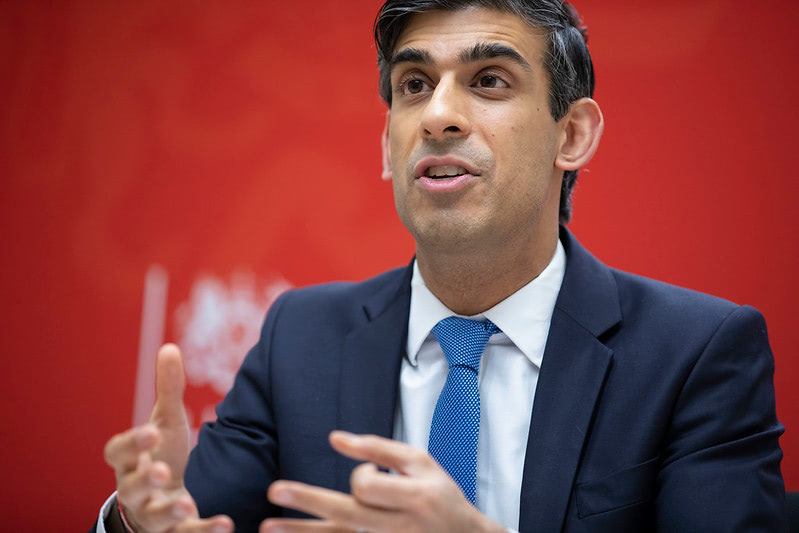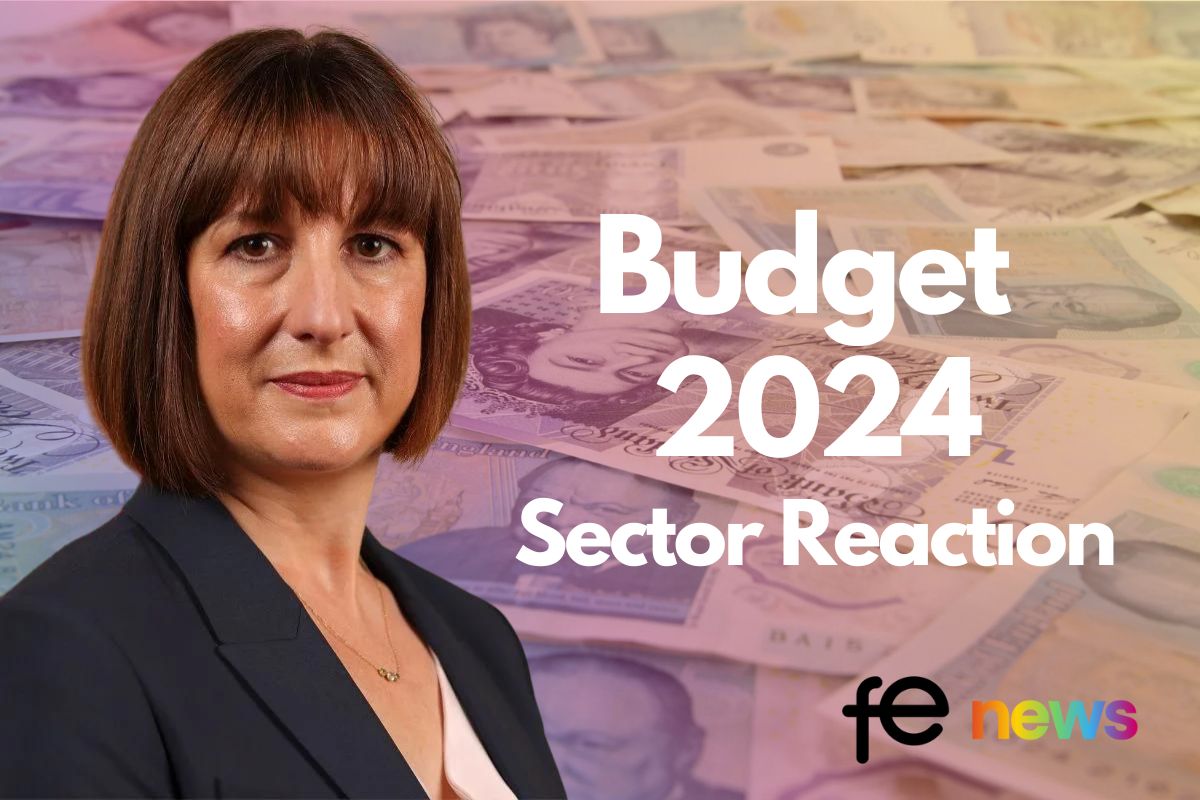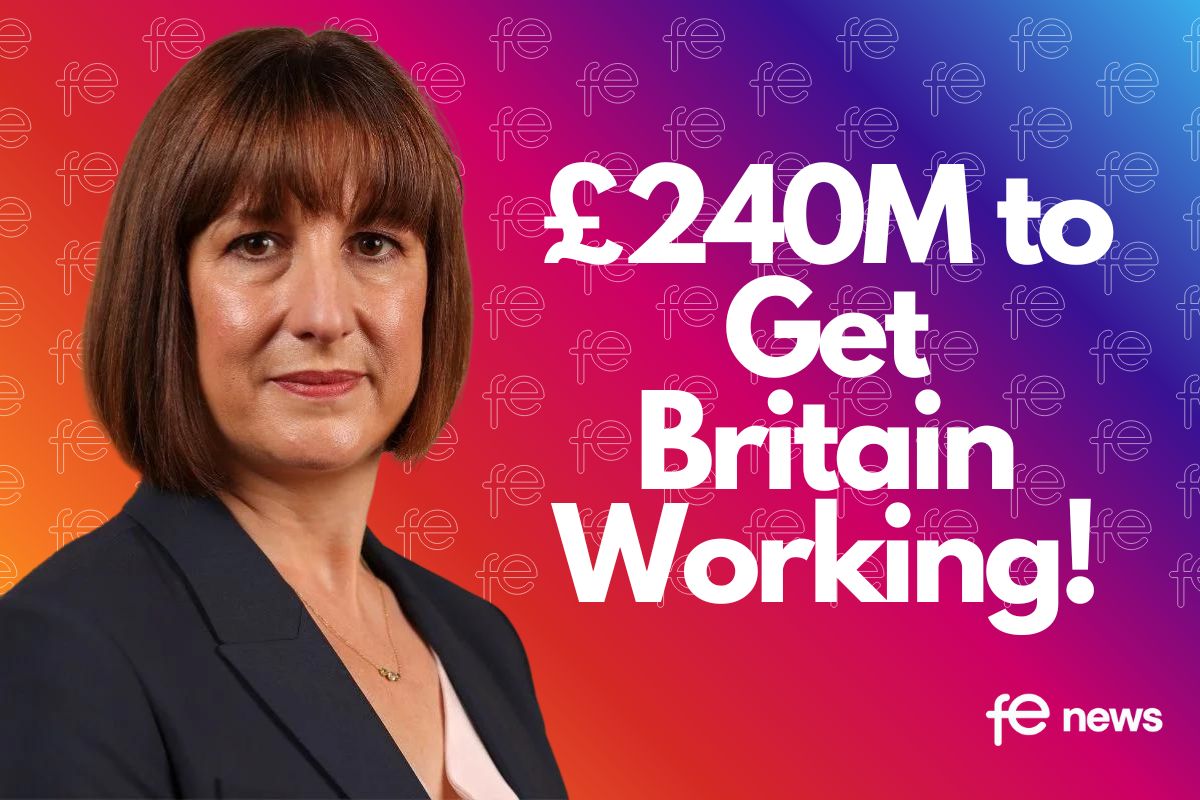Plan for Growth: Rishi Sunak and Kwasi Kwarteng set out the key pillars of investment that the government will focus on as we build back better

This letter sets out the key pillars of investment that the government will focus on as we build back better from the pandemic, create jobs and drive forward key government priorities:
In the last 5 years, the UK’s economic environment has changed, bringing new opportunities and challenges for our businesses. We have legislated to end our contribution to climate change by 2050, we are forging a new path outside of the European Union and we continue to fight the COVID-19 pandemic. Creating and supporting jobs and helping to drive growth in existing, new and emerging industries is the government’s central economic focus. That is why we are transitioning the Industrial Strategy into our plan for growth and its related strategies.
The plan for growth builds on the best of the Industrial Strategy from 2017 and makes the most of our strengths right across the economy. It refreshes and goes further than ever before on critical policies and guides the government’s longer-term growth strategy as we build back better, so we can unite and level up the country, support our transition to net zero by 2050, and seize the new opportunities of a Global Britain as an independent nation.
Backed by 3 pillars of investment as the foundation of our economic recovery – infrastructure, skills and innovation – we can put the UK at the forefront of opportunities and give businesses the confidence they need to invest and grow.
-
Investing in infrastructure drives long term productivity improvements, and in the short term stimulates economic activity. The UK has historically under-invested in infrastructure, but we are fixing that, as set out in our National Infrastructure Strategy. The government has already announced record investment in broadband, flood defences, roads, rail and cities as part of our plans to spend £100 billion on capital next year and more than £600 billion on gross public sector investment over the next 5 years.
-
The best way to improve people’s life chances is to give them the skills to succeed. The UK has a strong foundation of advanced skills, but lags behind international comparators on technical and basic adult skills. The government is transforming Further Education, encouraging lifelong learning through the Lifetime Skills Guarantee, and building an apprenticeships revolution.
-
Innovation drives economic growth and creates jobs. The UK has a world-leading research base, which will be boosted by the government’s significant uplift in R&D investment and the creation of the Advanced Research and Invention Agency to fund high-risk, high-reward research. However, too few businesses are able to access the tools they need to translate new ideas into new products and services and to challenge established businesses. We will make the UK the best place in the world to start and grow a business. That means having access to capital, skills and ideas, as well as a smart and stable regulatory framework.
However, not all growth is created equal.
This government will focus on achieving three priority objectives:
-
Our most important mission is to unite and level up the country: tackling geographic disparities; supporting struggling towns to regenerate; ensuring every region and nation of the UK has at least one globally competitive city; and strengthening the Union.
-
We will enable our transition to net zero, driving growth that is green by delivering our Ten Point Plan for a Green Industrial Revolution and taking action to fulfil our commitment to be the first generation to leave the natural environment in a better condition than we found it.
-
And our plan for growth will support our vision for Global Britain, welcoming international investment to create new jobs, role modelling free and fair trade, and taking advantage of the opportunities available to us now we have left the European Union.
We are still taking forward the best elements of the Industrial Strategy, including continuation of existing Sector Deals and reviewing the Grand Challenges and missions through the upcoming Innovation Strategy. This government remains committed to its industrial sectors. The plan for growth is a whole of government approach to that – making the most of our collective strengths right across the whole economy.
Over the next 12 months we will follow up the plan for growth with an Innovation Strategy, as well as strategies for net zero, hydrogen and space. We will also develop a vision for high-growth sectors and technologies, putting the UK at the forefront of opportunities and giving businesses the confidence to invest, boost productivity across the UK and enable our transition to net zero.
The government is, and will continue to be, a champion of the needs of business and industry as we build back better from the pandemic. We will work closely and collaboratively with key stakeholders to ensure that our plans address challenges faced by business and grasp opportunities for future growth. That is why we have convened the Build Back Better Business Council, to draw on the expertise of industry and government to ensure that the plan for growth is delivered successfully, and in partnership with business.
Kind regards,
Chancellor Rishi Sunak and Business Secretary Kwasi Kwarteng
The letter from Chancellor Rishi Sunak and Business Secretary Kwasi Kwarteng to businesses on the government’s Plan for Growth comes ahead of the second meeting of the Prime Minister’s Build Back Better Business Council today (30 March 2021), which will be one of the ways that the government engages with business to drive forward the Plan for Growth. There, they will discuss how to make 2021 the ‘year of economic recovery’.











Responses